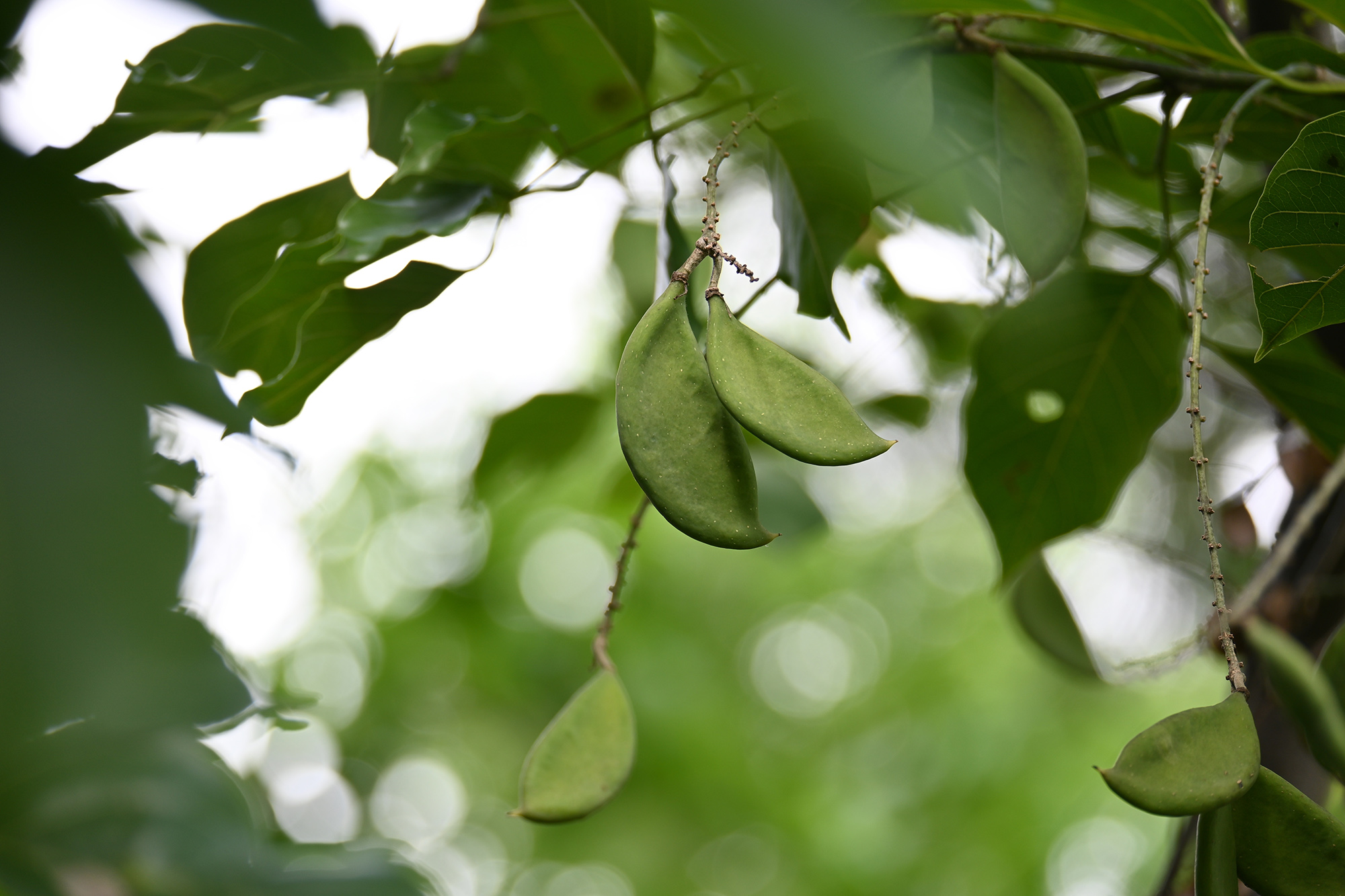

Nomura backs Terviva to boost SAF feedstocks and reforest degraded land
Nomura Holdings has made its first investment under a new sustainable innovation initiative, backing California-based agricultural technology company Terviva to support the expansion of pongamia-based solutions for sustainable aviation fuel (SAF), food ingredients, and reforestation.
Announced 4 August 2025, the deal marks the inaugural deployment of capital from the sustainable innovation investment scheme Nomura launched in March 2025. The initiative aims to fund businesses tackling pressing global challenges such as climate change, food security, and ecosystem restoration.
Terviva, founded in 2010 and headquartered in Alameda, California, specializes in the cultivation and commercialization of pongamia, a hardy, oil- and protein-rich leguminous tree. The company has spent more than a decade developing high-yield seedlings and proprietary extraction technologies that enable the use of pongamia beans across multiple markets, from SAF and biofuels to animal feed and food ingredients.
Nomura’s investment is expected to accelerate the scale-up of pongamia tree planting and market development in Asia and beyond. Leveraging its in-house agricultural experience through Nomura Farm Hokkaido and its consulting expertise in the agribusiness sector, the company plans to support Terviva’s efforts to expand planting on degraded and abandoned farmland.
“Pongamia is a hardy plant that can grow on degraded and abandoned farmlands, which are increasing worldwide due to climate change and other factors,” Nomura said in its announcement. “This will help promote the supply of feedstock for SAF and biofuels, which are currently in short supply.”
While pongamia is not traditionally consumed by humans, Terviva has developed proprietary extraction methods to convert its protein and oil into food-grade ingredients. This could open new opportunities in the alternative protein sector, where demand continues to rise due to growing population pressures and environmental concerns.
The company also emphasizes the reforestation potential of pongamia, which grows naturally in subtropical regions such as India, Southeast Asia, and Oceania. Its deep roots and ability to thrive in poor soils make it well-suited for land restoration efforts that also deliver carbon sequestration benefits.
In a statement, Nomura highlighted the multi-dimensional impact of the investment, noting that it would contribute to “the decarbonization of the transportation industry, including the aviation industry, and contribute to the reforestation of degraded and abandoned farmlands.”
Terviva’s mission, “Planting millions of trees for billions of people,” underscores its dual focus on environmental sustainability and socioeconomic development. The company aims to foster new income opportunities, promote industry growth, and support livelihoods in tropical and subtropical communities where pongamia can be cultivated.
Nomura also sees potential for pongamia-based products to help address global food shortages. “Nomura will strive to develop the market for new food products, including alternative proteins and oils derived from pongamia, while helping resolve global issues such as food shortages caused by population growth,” the company said.
Sustainable aviation fuel is gaining momentum as a critical tool in reducing emissions from air travel. Unlike conventional jet fuel, SAF is produced from renewable sources such as used cooking oil, municipal waste, and purpose-grown biomass. Feedstock availability, however, remains a major bottleneck in scaling SAF production to meet international climate targets.
By investing in Terviva’s pongamia platform, Nomura is positioning itself at the intersection of three key global trends: the decarbonization of aviation, the development of regenerative agriculture, and the shift toward sustainable food systems.
“Nomura will continue to leverage its groupwide capabilities to build a sustainable society in line with its Purpose of ‘We aspire to create a better world by harnessing the power of financial markets,’” the company said.
If you have any questions or would like to get in touch with us, please email info@futureofproteinproduction.com

.png)






